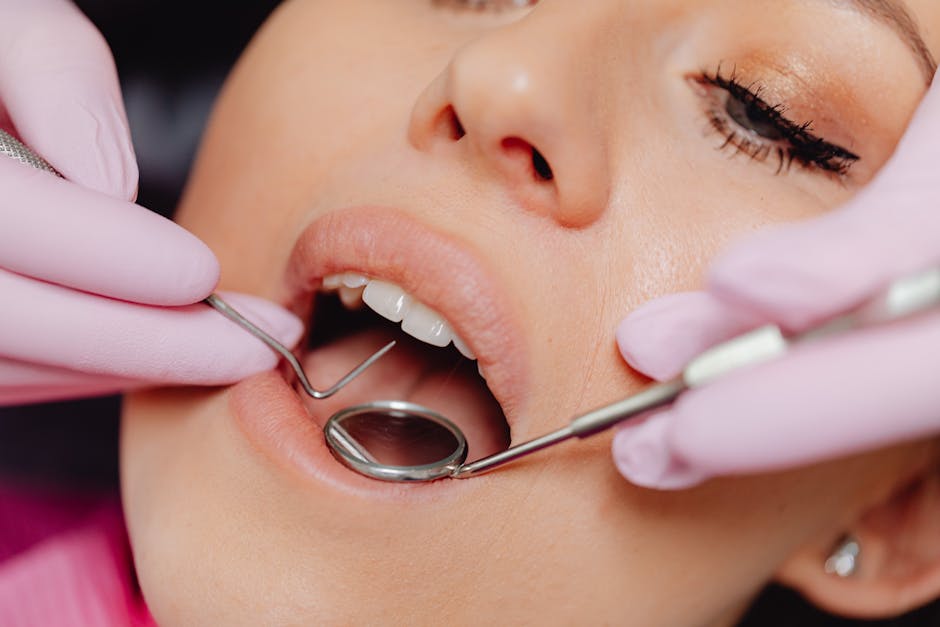Importance of Early Dental Visits
Importance of Early Dental Visits
Blog Article

Children's dentistry is a vital aspect of health care that focuses on the oral needs of young patients. Establishing a solid foundation for dental health during childhood is crucial, as it can lead to healthier habits and fewer dental issues in adulthood. By prioritizing early dental visits, understanding common dental challenges, and fostering good oral hygiene practices at home, parents can ensure their children maintain a bright and healthy smile throughout their lives.
Importance of Early Dental Visits
Early dental visits play a significant role in children's dentistry. The American Academy of Pediatric Dentistry recommends that children have their first dental check-up by their first birthday or within six months of the eruption of their first tooth. These initial visits are essential for several reasons. They allow dental professionals to monitor the development of teeth and jaws, provide guidance on proper oral hygiene practices, and address any concerns parents might have.
During the first visit, parents can expect a comprehensive examination of their child’s mouth, along with an assessment of any potential risk factors for dental issues. This visit serves as an excellent opportunity for parents to learn about proper brushing techniques, dietary influences on oral health, and the importance of regular dental check-ups. Establishing a relationship with a pediatric dentist early on can help children feel more comfortable in the dental environment, reducing anxiety for future visits.
Common Dental Issues in Children
Another common concern in children's dentistry is misalignment of teeth, which can lead to issues such as crowding or bite problems. Early orthodontic evaluations can determine if a child may need braces or other corrective measures in the future. Addressing these issues early can pave the way for a healthier bite and improved oral function.
Parents should also be aware of other dental issues, such as thumb sucking and the potential impact of pacifiers on dental development. These habits can affect tooth alignment and jaw growth if not addressed. Consulting with a pediatric dentist can provide strategies for overcoming these habits and ensuring optimal oral health.
Tips for Maintaining Children's Oral Hygiene
- Make Brushing Fun: Use colorful toothbrushes, flavored toothpaste, or songs to make brushing an enjoyable experience. Letting children choose their toothbrush can also increase their enthusiasm for brushing.
- Establish a Routine: Create a consistent daily routine that includes brushing twice a day and flossing where appropriate. Setting specific times for oral care can help children develop good habits.
- Lead by Example: Demonstrate good oral hygiene practices yourself. Children are more likely to adopt these habits if they see their parents prioritizing dental care.
- Healthy Snacks: Encourage healthy snacking options, such as fruits and vegetables, instead of sugary treats that can contribute to cavities. Educating children about the importance of a balanced diet for their teeth can help them make healthier choices.
- Regular Dental Visits: Keep up with routine dental check-ups to monitor your child's oral health and catch any potential issues early. Make these visits a positive experience by praising your child for their bravery and cooperation.
By focusing on children's dentistry, parents can play an essential role in their children's overall health and well-being. From early dental visits to maintaining proper hygiene, fostering a positive attitude toward oral care will benefit children throughout their lives. For more information and resources about children's dentistry, you can visit Inspo Dental.